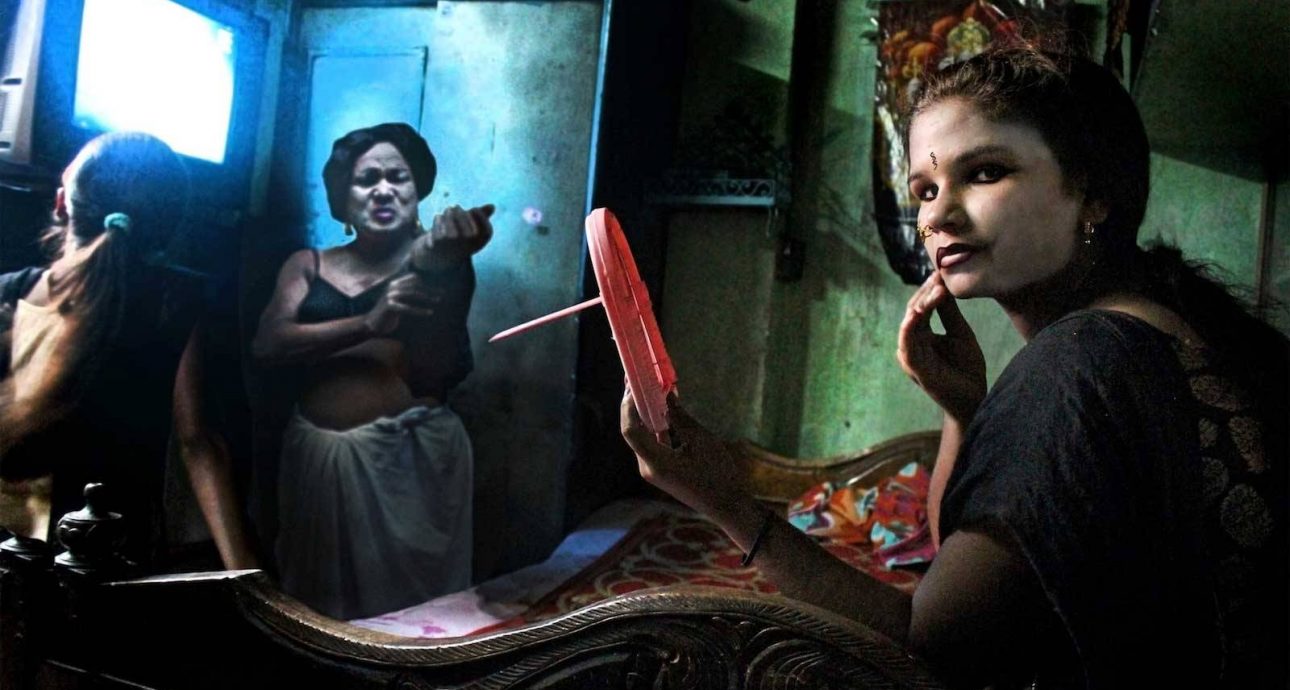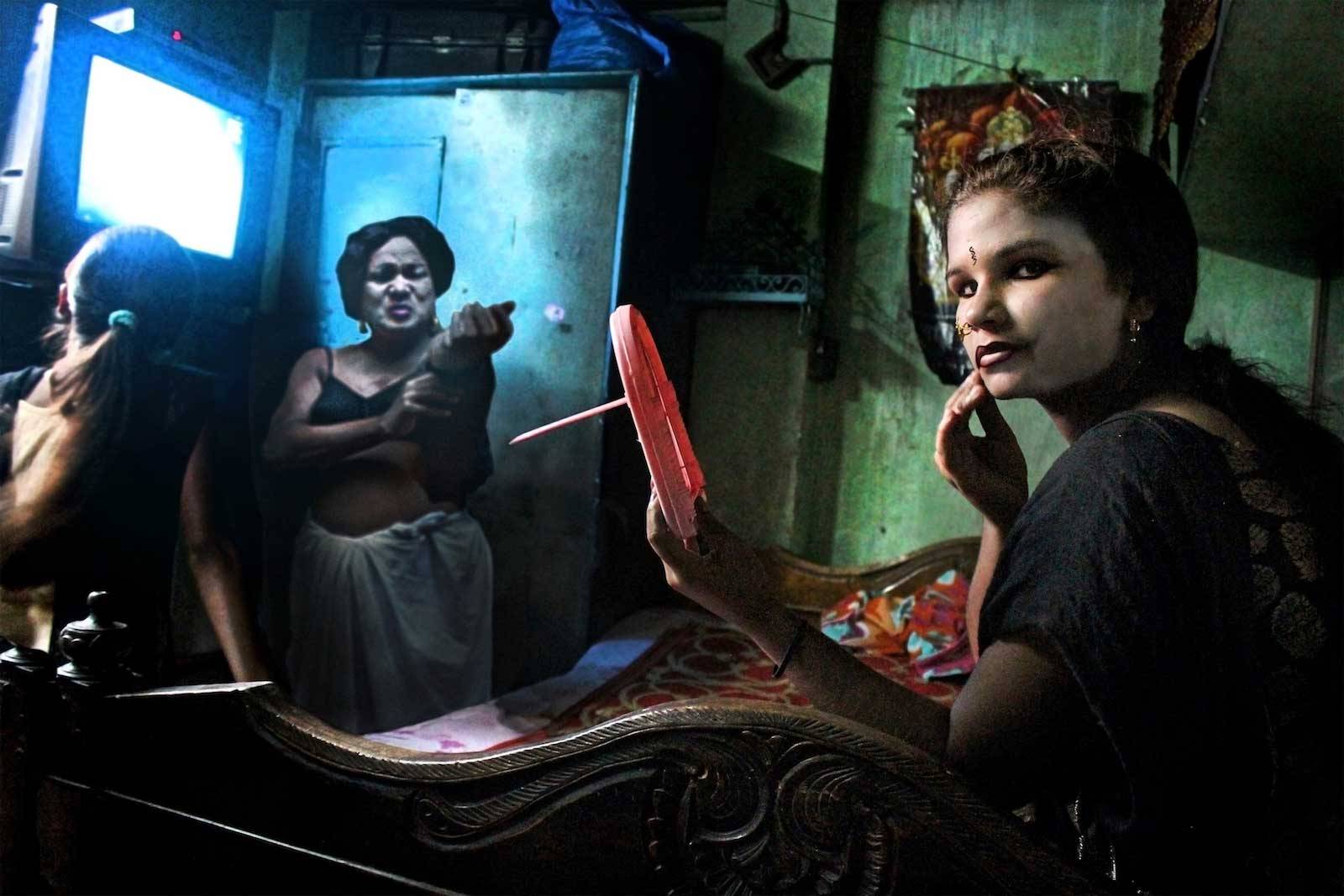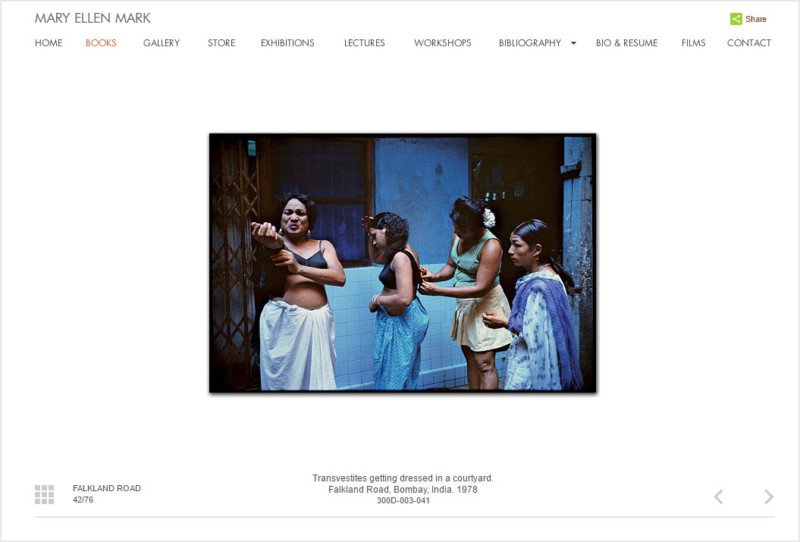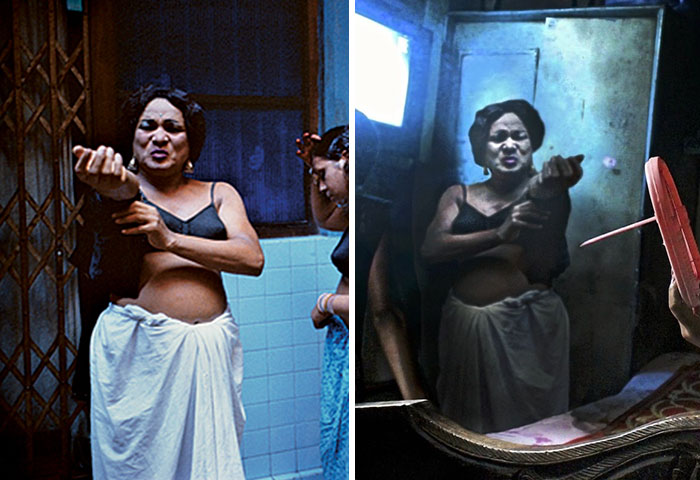
“I Can’t Let This Mind-Blowing Idiocy Pass”: Donald Weber on Media-Awards Complex

Canadian documentary photographer. Published two books: Bastard Eden, Our Chernobyl — about daily life in a post-atomic world (received the Photolucida award), and Interrogations — about post-Soviet authority in Ukraine and Russia (included in the list of the best photo books, compiled by Martin Parr and Gerry Badger’s multi-volume edition ‘The Photobook: A History’). Recipient of numerous awards and fellowships, including a Guggenheim Fellowship and two World Press Photo Awards. Exhibited his works in galleries all over the world, including the Portland Museum of Art and the Royal Ontario Museum. Published in The New York Times, Der Spiegel, Time, Vice, The Guardian, Rolling Stone, and Newsweek.
— Well, I can’t let this utterly mind-blowing idiocy pass. There are so many things wrong on every level, it’s self-explanatory.
This Souvid Datta catastrophe revealed a system that has run rampant. The notion of “good” is mainly structured by external mechanisms of recognition; mechanisms that are mainly anonymous, opaque, and beyond control. These systems can include media outlets themselves, the awards and prizes that foster exposure, and the praise we assert to each other when an award or commission is bestowed.
This leads to a position of power from within for those who control these infrastructures of recognition. Photographers, who have largely surrendered themselves to the hegemonic corporate media, have been relegated to a secondary or tertiary role. Very little corporate support for long form storytelling, declining day rates, impossible contracts, etc., have led the independent photographer to a nearly extinct state. The only way to survive is to clamber for these external systems of recognition: prizes, awards, etc., are the only surefire way to subsist and maintain your presence within a tightly controlled infrastructure. Call it the media-awards complex.
We have never questioned what and how and why these rules were instigated in the first place. There is no dialogue; we just accept it as status quo. These mechanisms are what drives our profession and controls its value, meaning, and quality. This internecine network of recognition in order to work has created a system where we are more concerned with the image of the photography profession rather than the profession itself.
We have become subservient to our corporate present. Even our language, our dialogue, is subservient to an external mechanism that imposes its authority upon the profession rather than as a form of integral collaboration. Look across social media and the standard reply of “I am humbled to win…,” I am honored by the opportunity…,” – these are all replies emphasizing our humble gratitude to an external system of control, prostrating ourselves to a secretive, opaque system. Our difference to external control prevents the profession and our own careers from seeking further engagement with the world, which should drive priority which in turn creates true value and meaning.
We need to be more concerned not with HOW to do photography, but what photography does, or can be. This is an opportunity to seize this definition of present-day “good,” and rework its meaning: reframe it, re-contextualize it, and free ourselves from the mechanisms by which the profession is structured, giving control to the photographers themselves and most importantly, the participants with whom you collaborate to make stories.
New and best







